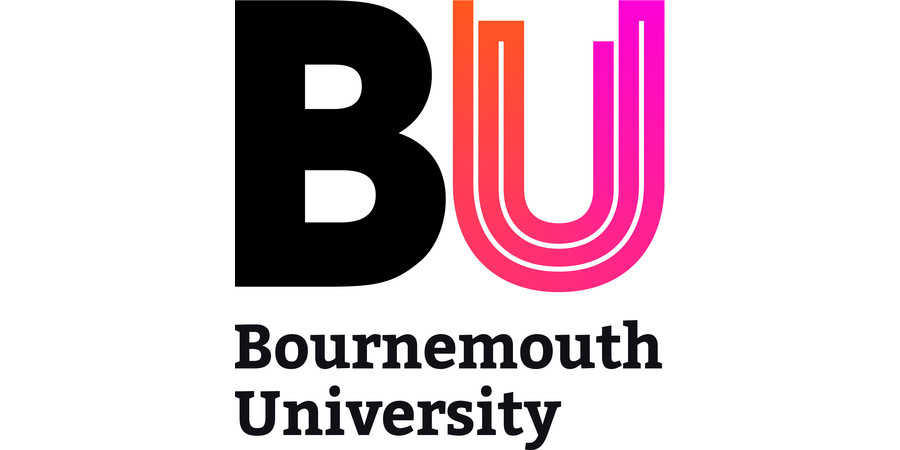PhD Studentship: Data Protection Surrounding Mass Graves
Bournemouth University - Faculty of Media and Communications
| Qualification Type: | PhD |
|---|---|
| Location: | Bournemouth |
| Funding for: | UK Students, EU Students, International Students |
| Funding amount: | £19,237 maintenance grant, per annum |
| Hours: | Full Time |
| Placed On: | 10th February 2025 |
|---|---|
| Closes: | 3rd March 2025 |
Funding amount: £19,237 maintenance grant per annum
Lead Supervisor name: Professor Melanie Klinkner
Project description
Identification often forms a crucial aspect of mass grave investigations, though it is commonly understood as an obligation of means. The identification of human remains is a precondition for the return of remains to families to facilitate commemorative practices but also for the family to receive a death certificate. In scenarios where large numbers of human remains are found in mass graves, DNA testing by an accredited laboratory is a reliable way to make science-led identifications, but it may not be readily available in-country.
As new technologies for identification emerge, concerns surrounding access to, and protection of, information and individuals’ data are likely to persist and even increase, with leading experts in migrant family reunification calling for international standards in relation to DNA-led approaches. Significantly, emerging technologies require explication not only in terms of the type of information they reveal (for example, new DNA technology called short tandem repeats (STRs)) but also on how the information might render itself to exploitation beyond the main identification purpose.
The cross-border transfer of this information, its vulnerabilities, third party involvement, data sharing and disposition are all areas for review. Whilst there is some general discussion of the issue in the literature clear linkages to mass grave investigations would help to ensure that a DNA-led framework (including database management, informed consent, sampling, analysis, chain of custody and reporting standards) is compatible with a human rights framework.
This PhD project will analyse, and where needed proffer, good governance in relation to data and sample protection, transfer, storage, disposition, ownership and sharing, thereby making a vital contribution to families and all stakeholders involved in investigation and identification processes.
What does the funded studentship include?
A fully-funded Studentship includes a maintenance grant of £19,237 per year to contribute towards living expenses during the course of your research, as well as a fee waiver for 36 months. Associated costs, such as for fieldwork and conference attendance, will also be met under the Studentship.
Eligibility criteria
The BU PhD and MRes Studentships are open to UK, EU and International students. Candidates for a PhD Studentship should demonstrate outstanding qualities and be motivated to complete a PhD in 4 years and must demonstrate:
- Outstanding academic potential as measured normally by either a 1st class honours degree (or equivalent Grade Point Average (GPA) or a Master’s degree with distinction or equivalent
- An IELTS (Academic) score of 6.5 minimum (with a minimum 6.0 in each component, or equivalent) for candidates for whom English is not their first language and this must be evidenced at point of application.
Closing date: The closing date for applications is 3 March 2025
For further information on how to apply click the ‘Apply’ button below or email pgradmissions@bournemouth.ac.uk
Apply now by clicking the 'Apply' button, above.
Advert information
Type / Role:
Subject Area(s):
Location(s):









